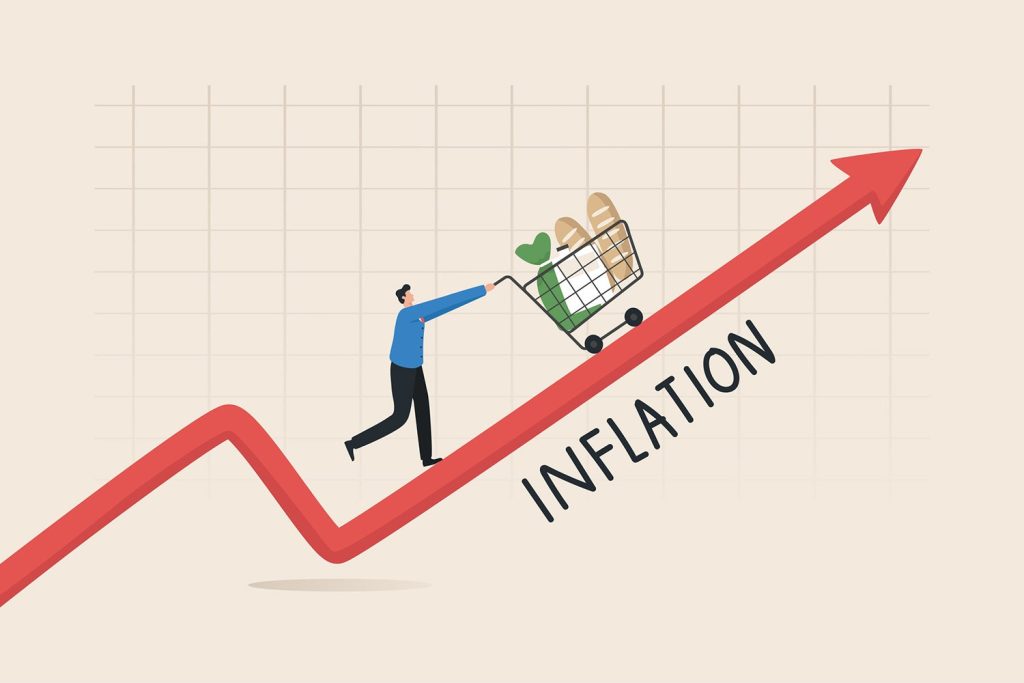The Burden of Taxation: Brazil’s Fiscal Crisis and the Middle Class Struggle
BY HOTSPOTORLANDO NEWS
In recent months, Brazil’s tax revenue has soared to nearly R$1.5 trillion in the first half of 2025, a record that, on the surface, might seem like a triumph for the nation’s fiscal health. However, this milestone is anything but a cause for celebration for the average Brazilian citizen, particularly the middle class, who bear the brunt of this financial windfall. The government’s exuberance over these figures, epitomized by figures like Jorge Messias, dubbed “the Messiah” in a sardonic twist, masks a deeper, more troubling reality: a fiscal system that is suffocating its people under the weight of excessive taxation while failing to deliver commensurate public services.
The narrative pushed by some in the administration is one of progress, of a state apparatus working efficiently to gather resources for the greater good. Yet, for the millions of Brazilians who wake up each day to face the grind of life, this rhetoric rings hollow. The tax burden, often referred to as a form of “modern slavery,” is not just a financial strain but a systemic failure that erodes the very fabric of society. Citizens are forced to forego basic necessities, such as a decent meal, to meet their tax obligations, including exorbitant fees like IPTU (property tax) and IPVA (vehicle tax), while their cars barely run due to the cost of fuel. This is not governance; it is expropriation.
The irony is palpable when one considers the quality of public services that these taxes are supposed to fund. Healthcare, epitomized by the struggling SUS (Unified Health System), and public transportation, which remains a nightmare during peak hours, are but shadows of what they should be. Instead of investing in infrastructure and social welfare that could alleviate the daily struggles of the populace, the state seems to operate as a “mystical entity” that devours millions only to return mere crumbs. The high tax revenue, rather than being a sign of strength, is a testament to the state’s voracious appetite for the wealth of its citizens, with little to show for it.
This situation is exacerbated by a political class that appears disconnected from the realities on the ground. The celebration of record tax collection, as seen in the administration’s response, is likened to “singing happy birthday at a funeral.” It is a macabre dance of indifference, where the suffering of the governed is overlooked in favor of patting themselves on the back for fiscal achievements that come at the expense of the people’s well-being. The middle class, in particular, feels the pinch, as their hard-earned money is siphoned off to fund a bloated state apparatus that prioritizes its own survival over the needs of the nation.
The root of this problem lies in a lack of fiscal responsibility and a misunderstanding of the role of government. Taxation, when just and efficient, can be a tool for societal advancement, funding essential services and infrastructure that benefit all. However, in Brazil’s case, it has become a mechanism of control, a means to extract wealth without accountability. The state’s inability to distinguish between governing and plundering is a grave concern, one that undermines the trust between the government and its citizens.
As the middle class continues to be squeezed by these policies, the question remains: where does this money go? The answer, it seems, is into a black hole of inefficiency and corruption, where the promises of social justice and economic stability are perpetually deferred. The Brazilian people deserve better than to be treated as mere sources of revenue, their lives dictated by the whims of a tax-hungry state. It is time for a reckoning, for a shift towards policies that prioritize the citizen over the coffers, and for leaders who understand that true governance is measured not by how much is collected, but by how much is returned in the form of opportunity and dignity. Until then, the middle class will continue to suffer under the yoke of a system that celebrates its own success at their expense.
Analyzing Tax Efficiency in Brazil
Brazil’s tax system, while effective in generating revenue, is inefficient in several critical aspects. The high economic distortions, administrative and compliance costs, and perceived lack of fairness undermine its overall efficiency. The middle class, as highlighted in the discourse, is particularly disadvantaged, facing a system that extracts significant resources without delivering proportional benefits. Improving tax efficiency in Brazil would require simplifying the tax code, reducing reliance on regressive taxes, enhancing transparency in public spending, and ensuring that revenue is reinvested in ways that directly benefit citizens. Until these reforms are implemented, the current system will continue to be a source of frustration and economic inefficiency, perpetuating a cycle of high taxes and low public trust.
As of today, July 25, 2025, the conversation around Brazil’s tax efficiency remains a pressing concern. The record-breaking revenue collection of R$1.5 trillion in the first half of the year underscores the urgency of addressing these inefficiencies. The middle class’s ongoing struggle with high taxes and inadequate public services highlights the need for a fundamental rethink of how tax policy is designed and implemented. Without such changes, Brazil risks further alienating its citizens and stifling its economic potential, trapped in a cycle of fiscal overreach and underdelivery.
—

